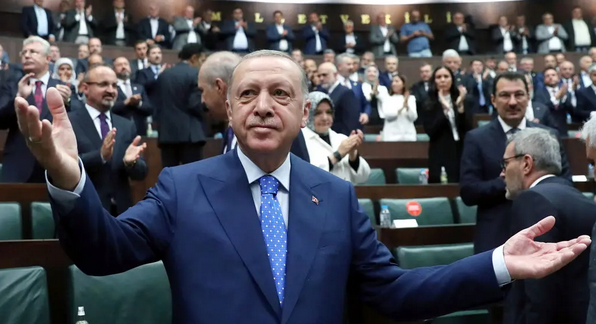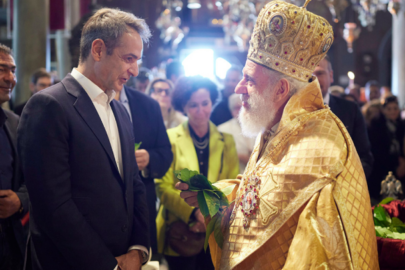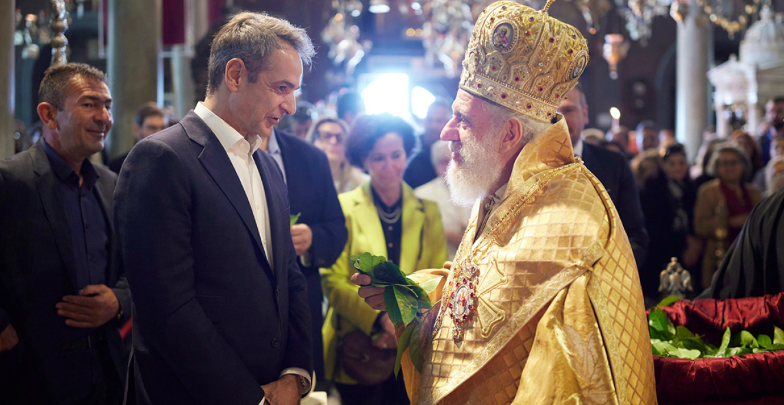When President Recep Tayyip Erdogan of Turkey threatened this month to block NATO membership for Finland and Sweden, Western officials were exasperated — but not shocked.
Within an alliance that operates by consensus, the Turkish strongman has come to be seen as something of a stickup artist. In 2009, he blocked the appointment of a new NATO chief from Denmark, complaining that the country was too tolerant of cartoons of the Prophet Muhammad and too sympathetic to “Kurdish terrorists” based in Turkey. It took hours of cajoling by Western leaders, and a face-to-face promise from President Barack Obama that NATO would appoint a Turk to a leadership position, to satisfy Mr. Erdogan.
After a rupture in relations between Turkey and Israel the next year, Mr. Erdogan prevented the alliance from working with the Jewish state for six years. A few years later, Mr. Erdogan delayed for months a NATO plan to fortify Eastern European countries against Russia, again citing Kurdish militants and demanding that the alliance declare ones operating in Syria to be terrorists. In 2020, Mr. Erdogan sent a gas-exploration ship backed by fighter jets close to Greek waters, causing France to send ships in support of Greece, also a NATO member.
Now the Turkish leader is back in the role of obstructionist, and is once again invoking the Kurds, as he charges that Sweden and Finland sympathize with the Kurdish militants he has made his main enemy.
“These countries have almost become guesthouses for terrorist organizations,” he said this month. “It is not possible for us to be in favor.”
Mr. Erdogan’s stance is a reminder of a long-festering problem for NATO, which currently has 30 members. Russia’s invasion of Ukraine may have given the alliance a new sense of mission, but NATO must still contend with an authoritarian leader willing to use his leverage to gain political points at home by blocking consensus — at least for a time.
Read more: NYTimes



































